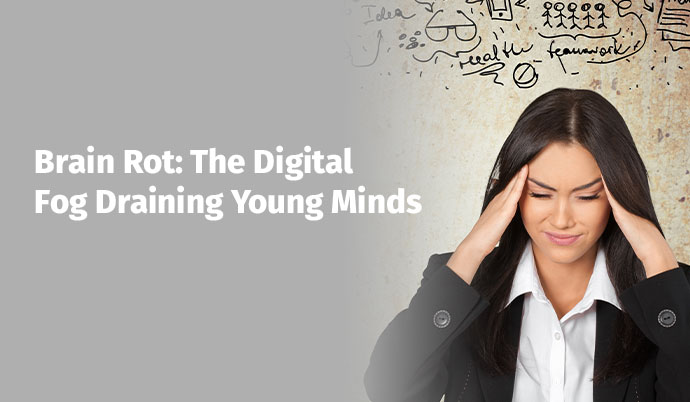
According to a 2021 global survey by Ipsos, 43% of urban Indians feel lonely and friendless at most times, especially after the COVID-19 pandemic. This places India third globally in terms of loneliness prevalence.
The rise in usage of social media platforms and increased digital communication has drastically affected human interaction. Though these technological advancements present a tremendous amount of opportunities to connect with each other, they often fall short of providing the warmth, depth, and quality of true human interaction.
Too many people found themselves with large online networks but only a few meaningful, face-to-face relationships. This could give the digital landscape a feeling of being connected, leaving someone hollow and empty despite innumerable online interactions.
Causes of loneliness
Urbanization and the breakdown of traditional community structures are also linked to increased loneliness.
Moving to cities in quest of economic betterment is resulting in many more people leaving established social networks and support systems behind; therefore, the anonymity of urban life can make creating new ties very difficult, leaving a person very lonely among huge crowds.
The civic decline has not only eroded social capital but has also reduced available opportunities for spontaneous socialization, increasing feelings of disconnection. The changing nature of work and the rise of individual success in society today are also causes of this epidemic.
The major reasons leading to individuals being more prone to loneliness include-
In this respect, such pressure to succeed at all costs can be paid for by professional success itself, and a sense of isolation is created even within those who look externally to be successful.
Effects of loneliness
Under such circumstances, the impact of loneliness could be profound and lasting. Loneliness is linked with various problems in mental health such as -
Social isolation can also lead to several physical health implications such as -
Some researchers also claim that loneliness is a social and public health crisis because it affects both the well-being of an individual and their relationship with the other members of the community.
How to overcome loneliness?
Loneliness is a complex phenomenon that is completely engraved in modern-day life and requires a specialized approach.
Loneliness has been one of the urgent psychological challenges in this modern world. In a sea of technological innovation and digital connectivity, many people experience more isolation than ever before. The reasons are manifold—some being about how social media makes for superficial relations, while others include urbanization and changing work dynamics. Chronic loneliness has far-reaching effects on mental and physical health, which calls for a multifaced solution. This epidemic can only be tackled by developing real human relationships, re-designing urban living, and encouraging civic engagement in our society. While moving on to the future individuals must maintain a healthy balance between technology and their interaction with each other, to create a more emotionally fulfilling society.
Sir Ganga Ram Hospital, the best psychiatric hospital in Delhi, understands the importance of mental health. The team of expert doctors, nutritionists, and fitness professionals is here to help you create a personalized plan for a healthier tomorrow.
To know more, Book an appointment with Sir Ganga Ram Hospital.




